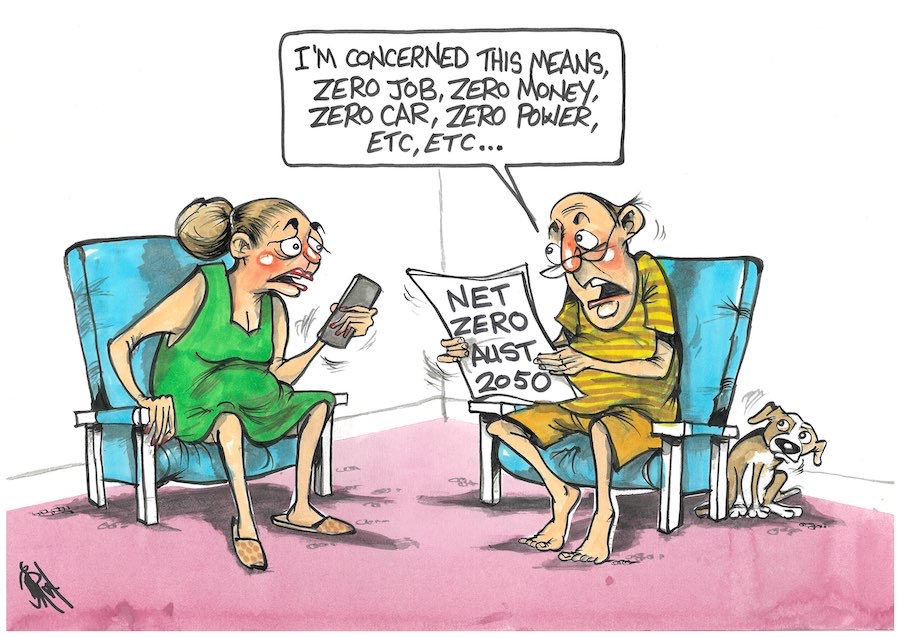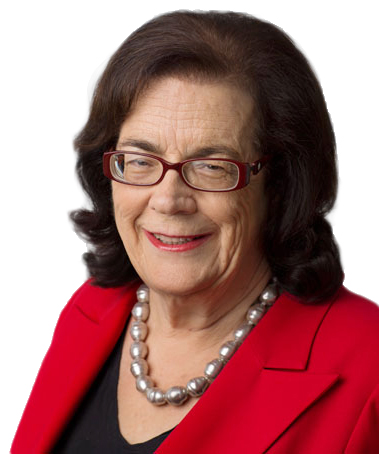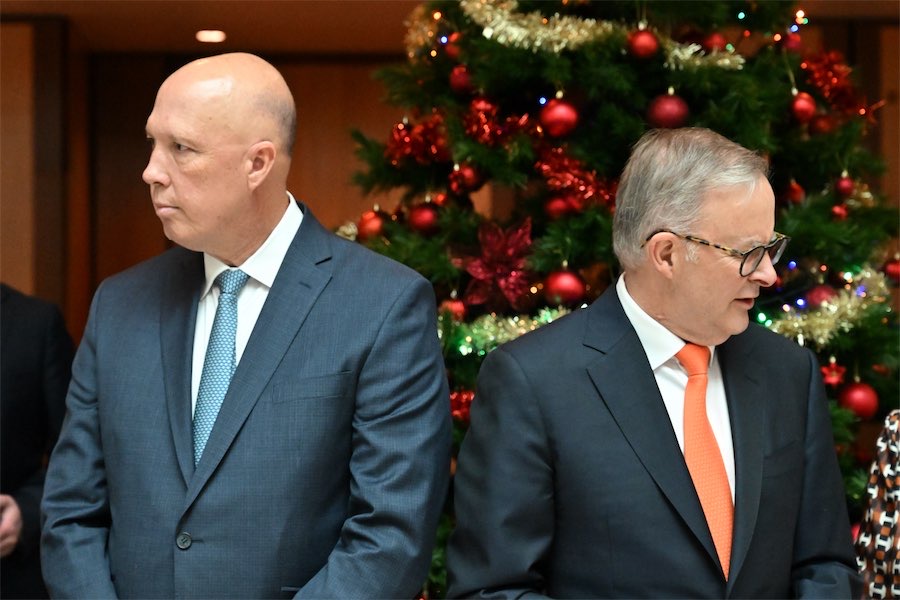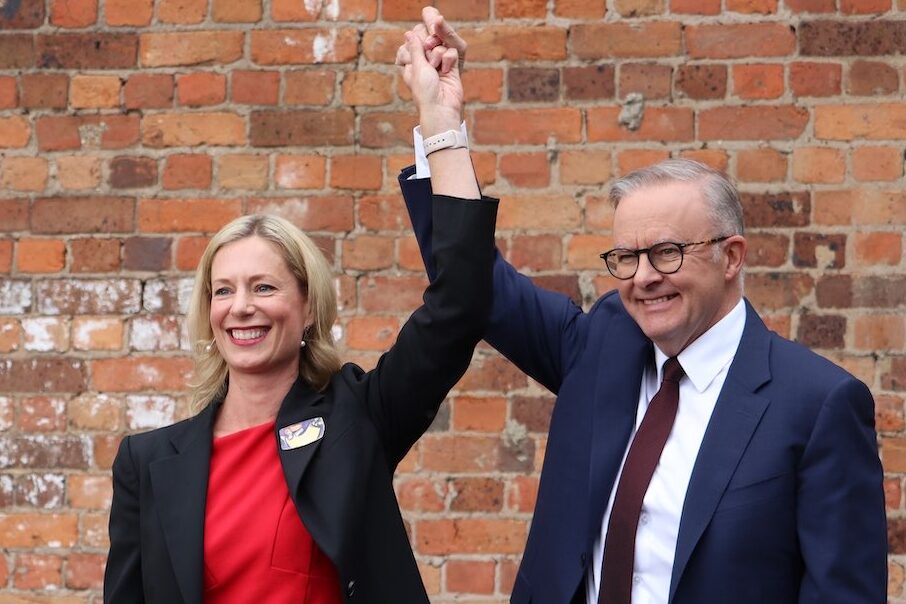
Treasurer Jim Chalmers is pumping up his role in energy transition, writes political columnist MICHELLE GRATTAN. “This is probably a good thing for the government, because the transition to renewables isn’t going as well as it needs to.”
JIM Chalmers – as if he doesn’t have enough on his plate – is marching into the centre of energy policy.

This is probably a good thing for the government, because the transition to renewables isn’t going as well as it needs to.
There’s a general recognition Australia is not on track to achieve the government’s commitment to have renewables deliver 82 per cent of electricity by 2030.
Chalmers was blunt in a major speech on Thursday, declaring: “We know further action is required to meet our targets […] It’s important for me to acknowledge that without more decisive action across all levels of government, working with investors, industry and communities, the energy transition could fall short of what the country needs.”
In his address, titled “Energy, the Economy and This Defining Decade”, to the 2023 Economic and Social Outlook Conference, Chalmers said he will put work on the energy transition at the centre of the agenda of the reformed Productivity Commission, which comes under his portfolio.
He is providing the commission with a “Statement of Expectations” – the first in its quarter-century history. This will be agreed with the PC’s new head, Danielle Wood, and will be released by the time she starts on November 13.
The statement “will make clear that guiding our country towards a successful net-zero transformation will be one of the key focus areas for a revamped and renewed Productivity Commission”, which Chalmers wants to have a more influential role.
He said “more practical and relevant advice” would complement advice from bodies such as the Climate Change Authority, “to ensure we realise the economic potential presented by the net-zero transition”.
Elaborating on radio, Chalmers said the PC was the “think tank for the Australian people”. It needed to be engaged in a bigger way with the energy transformation because that was “one of the biggest challenges and opportunities that we face”.
“We want to put the energy transformation front and centre in our economic reform efforts. We see it as crucial to the future and that means it should be absolutely central to the work of the PC too,” he told the ABC.
Chalmers’ speech unabashedly stepped into the policy areas of multiple ministers. He acknowledged this himself, mentioning Chris Bowen (Climate and Energy), Ed Husic (Industry), Madeleine King (Resources), Tanya Plibersek (Environment) “and a number of others”.
Chalmers is always careful about consultation with colleagues and this was the case before his speech, which also had input from Albanese’s office.
The official line is everything is hunky-dory with the colleagues, and Chalmers has been very involved in energy policy all along, including with the government’s gas and coal price caps and the energy rebates last year. And he has worked closely with Bowen.
That said, we don’t know what some of the ministers may think privately about Chalmers’ foray, especially Bowen, who these days is quite feisty (and reportedly is willing to push back in the cabinet on occasion).
The PC does inquiries the government formally asks it to do, as well as some work it initiates. Chalmers’ determination to more actively guide its work could present its challenges for Wood, who this week delivered a major speech of her own – on tax reform.
In one of her final addresses as the Grattan Institute’s CEO, Wood said that, despite all the obstacles, she remained optimistic tax reform could be achieved.
“I don’t think we have much choice,” she said. “A slow-burning platform is still on fire, and over the coming decade the gap between our spending needs and our tax system’s capacity to meet them without ever higher taxes on employment income will be stretched to breaking point.
“More and more, questions of sustainability and intergenerational fairness are raised about our current tax mix. Expect them to get louder and louder over the coming decade without action.”
Wood added that tax must be part of the conversation if policy objectives were to be delivered in areas including the “green transition”.
One might think Wood would want to use the PC to provide some research backing on the need for tax reform. Chalmers, however, is extremely cautious about substantial tax reform, not least because of his experience in the office of the then treasurer, Wayne Swan, when the tax push ended badly.
Leaving aside his unsuccessful 2022 bid to recalibrate the stage 3 tax cuts, Chalmers’ approach to changing the tax system is to tread lightly, with incremental changes. Wood’s observation that “history shows that reform packages can work well” might have sent a slight shudder down the treasurer’s spine.
Wood (who is personally not an energy policy specialist) was the second choice for head of the PC (Chris Barrett, the initial appointee, pulled out when offered a better job). She is a leading economist and has been used to driving a wide-ranging program at Grattan. Following Chambers’ priorities while keeping the PC with a level of independence – important to its retaining credibility – will require her to strike a fine balance.
More immediately, another test of judgment and independence for another new Chalmers’ appointee, Reserve Bank governor Michele Bullock, will play out on Tuesday, when the bank considers whether interest rates should rise.
Many economists believe there should be another increase. This view was reinforced this week when the International Monetary Fund said rates should go up, to lower inflation faster. “Although inflation is gradually declining, it remains significantly above the RBA’s target,” the IMF said.
The government doesn’t want a rate rise. Chalmers repeatedly stresses he respects the bank’s independence but has also made it clear he does not think the latest inflation data necessitate an increase. He repeated on Thursday that, while inflation is likely to be more volatile at the moment, “there was nothing additional or unexpected in the September quarter CPI which materially altered Treasury’s expectations for when inflation will return to the target band”.
The dynamics of the RBA board are presently unclear, with two new appointments, both with their roots in the trade union movement.
Although there is always the possibility of differing opinions within the board, Bullock will be the one publicly in the hot seat on Tuesday afternoon.![]()
Michelle Grattan, Professorial Fellow, University of Canberra. This article is republished from The Conversation.
Who can be trusted?
In a world of spin and confusion, there’s never been a more important time to support independent journalism in Canberra.
If you trust our work online and want to enforce the power of independent voices, I invite you to make a small contribution.
Every dollar of support is invested back into our journalism to help keep citynews.com.au strong and free.
Thank you,
Ian Meikle, editor




Leave a Reply